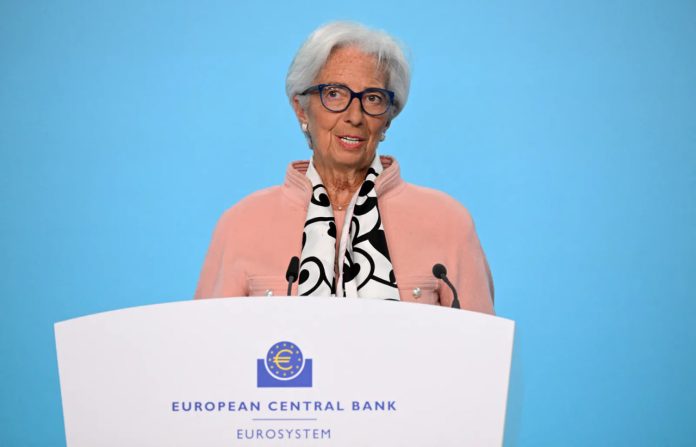European Central Bank (ECB) President Christine Lagarde urged EU governments to seize a “global euro moment” by strengthening the bloc’s financial and security frameworks, positioning the euro as a credible alternative to the US dollar amid shifting geopolitical dynamics, Reuters reported.
Speaking at a lecture in Berlin on 26 May 2025, Lagarde argued that erratic US policies under President Donald Trump had created an opening for the euro to expand its international role, though she stressed this would require bold reforms.
Lagarde noted that global investors, unnerved by Trump’s tariff policies and protectionist measures, are reducing dollar exposure but lack a clear alternative. While the dollar’s share of international reserves has fallen to 58%, the euro trails at 20%, hindered by fragmented capital markets and incomplete EU integration.
The ongoing changes create the opening for a ‘global euro moment.’ The euro will not gain influence by default – it will have to earn it.
Key reforms she outlined include deepening capital markets, security and trade linkages, and joint financing. Expanding EU-level borrowing for defence and public goods will increase the supply of euro-denominated safe assets, despite resistance from fiscally conservative states like Germany.
Lagarde emphasised that the euro’s rise hinges on Europe’s ability to project hard power.
This is because investors – and especially official investors – also seek geopolitical assurance in another form: they invest in the assets of regions that are reliable security partners and can honour alliances with hard power.
This aligns with proposals for EU defence bonds to fund capabilities like air defence systems and dual-use infrastructure, though such measures face hurdles over sovereignty concerns and Germany’s opposition to joint debt.
A critical barrier to the euro’s ascendance is the scarcity of AAA-rated safe assets. While the EU’s pandemic-era €800 billion Recovery and Resilience Facility marked a step forward, Lagarde stressed that “economic logic tells us that public goods need to be jointly financed,” a nod to controversial ideas like eurobonds.
